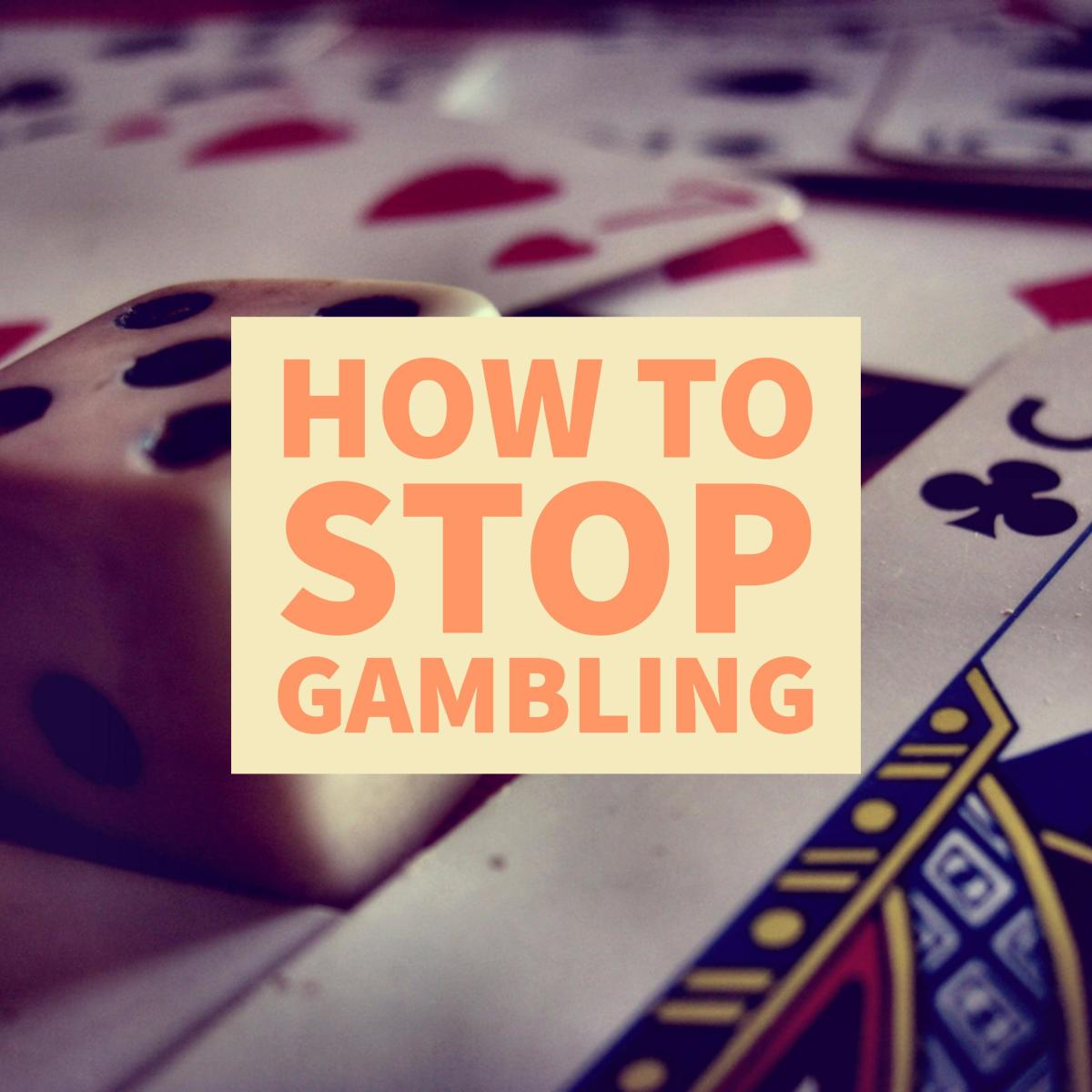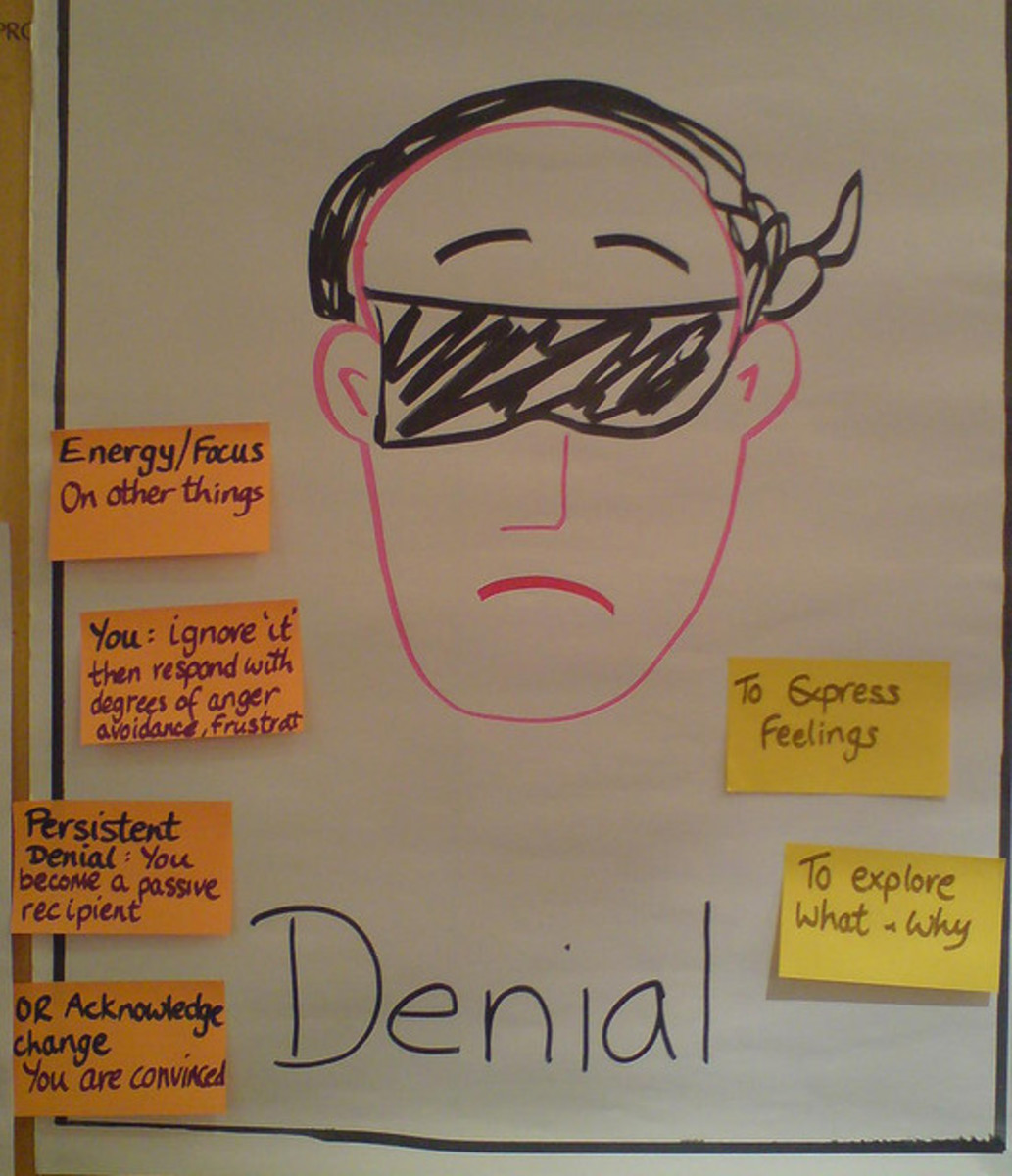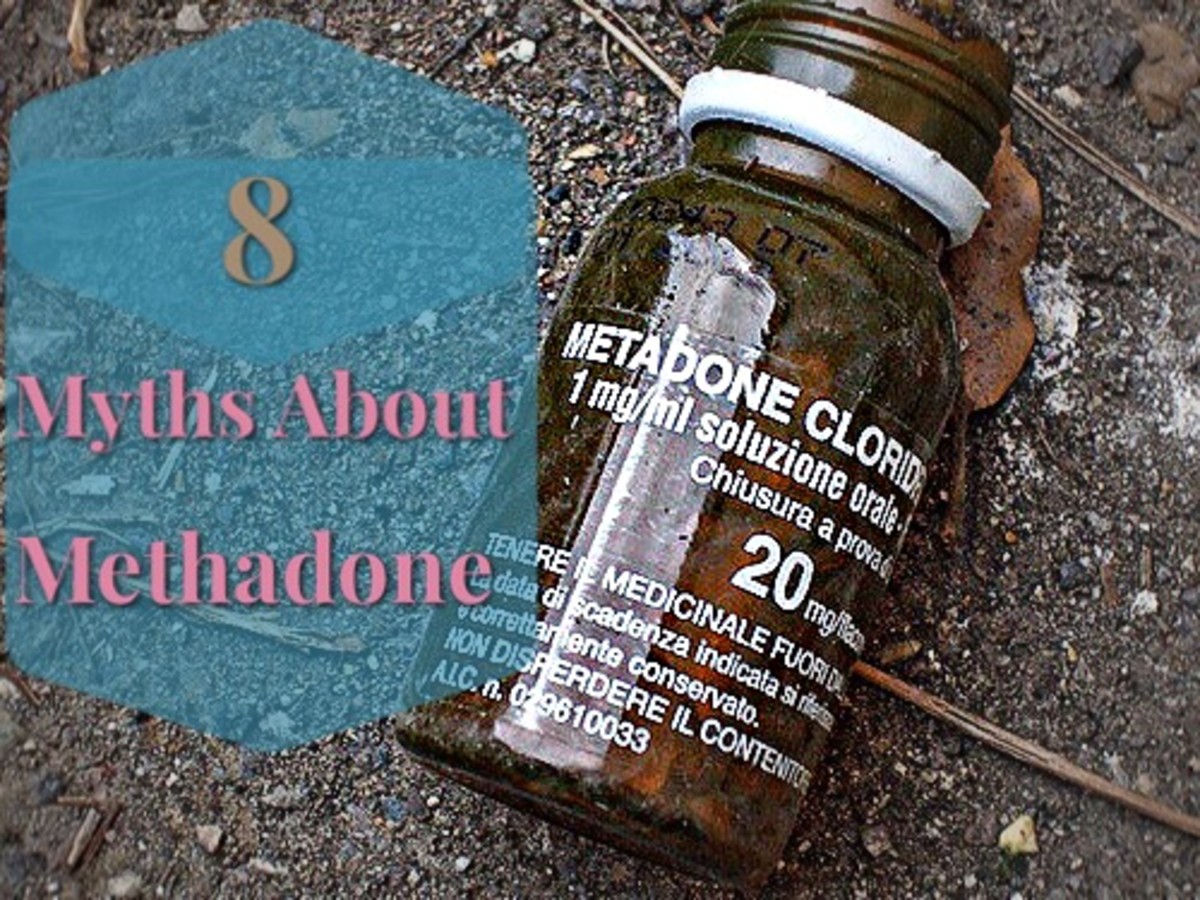Are you suffering from Oniomania or Shopping addiction? Learn how to discover it
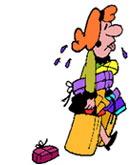
What is Oniomania?
Do you buy things depending on your needs and budget or simply get lured away and cannot resist yourself from spending more and more? Do you feel that you are over thrilled while shopping and forget the world around, including your budget while shopping? We all like to shop and love to spend money to get what we desire, but it is generally limited to few occasions like festivals, marriages, birthdays, etc, but some people cannot stop themselves from shopping frequently with no reason for shopping. This sort of a compulsive desire for shopping was recognized as a medical problem for the first time during the 1915. Emil Kraepelin was the first person to identify compulsive buying as a medical problem and coin the term “Oniomania”. This disorder is known with alternative names such as shopping addiction, compulsive shopping and shopaholism. This addiction is similar to any other clinical addictions like drugs, gambling or alcohol. However, this problem goes unnoticed by the patient and is often ignored. The person starts felling guilty only when the addiction has crossed the limits. This disorder is controlled by involuntary impulses. For example, people who get overstressed tend to succumb to compulsive shopping to get relieved from stress. This problem is more associated with women than men, however both are at risk. Changing gender roles could tip the scales against males too in a few years. Different economic strata might show different distribution patterns too. So, in this article, he and she, his and her have been used interchangeably as what applies to females can equally be true of males too.
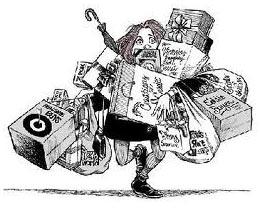
Why should obsessive shopping be considered to be harmful?
Shopping becomes an obsession when the pattern of shopping is chronic and repetitive. No one can purchase everything in the world no matter however rich he/she may be. A normal person will try to understand his/her limits and avoid purchasing if it is out of budget. But a person suffering from shopaholism tries acquiring money in all possible ways (like credit cards, stealing, etc) and in case he fails, he gets depressed. This problem becomes devastating when it damages relationships. These people purchase overpriced items which are of no use to them. People become so obsessed with the thoughts of shopping that they fail to concentrate on their work or interpersonal relationships. They spend time thinking about stores, malls and items present in them.
Do you see the possibility that a large number of persons suffering from oniomania could be at home shopping or internet shopping sites?
When can you realize that you are suffering from Oniomania?
- When one starts purchasing things in an unplanned manner or when the purchases fail to match the needs.
- When the urge for shopping is triggered by loneliness, stressful situation, and lack of confidence or to fulfill an emotional void
- When the wardrobes are filled with items which you never intended to buy
- When you experience an unexplained excitement and satisfaction while shopping
- When you start spending more than that you can afford
- When you start hiding and lying about purchases or your finances. People even hide or destroy the goods purchased by them as they are ashamed of their own shopping.
- When long-lasting relationships with your friends and family members get strained or are under strain because of buying behavior
- When a person often feels ashamed and guilty of his shopping experience and enters into a vicious circle of shopping to justify this guilt
- When you experience anxiety and depression on the days of no shopping
What triggers Oniomania?
- Many times people fail to handle intense emotions like anger and resort to shopping to overcome it.
- To overcome the feeling of depression, loneliness and stress
- People who are emotionally deprived during their childhood due to the shortage of human care and tenderness often search for attention in various stores.
- Impetuous people who think about the consequences only after acting get addicted to shopping at a higher frequency.
- Current research has shown that some people are genetically predisposed to addictive behaviors including shopping addiction. A “feel good” chemical response is created when the opiate receptor sites in brain, such as receptors for endorphins and dopamine get switched on as a response to shopping. As a result, a person starts feeling good and is encouraged to carry on the same activity again and again.
- Presence of other behavioral disorders like Attention Deficit Hyperactivity Disorder (ADHD), Bipolar Disorder, Depression and Obsessive compulsive disorder (OCD).
- Perfectionism is another trait which contributes to Oniomania. These people have high expectations about themselves try to purchase the best for them so that they can feel better and impress others.
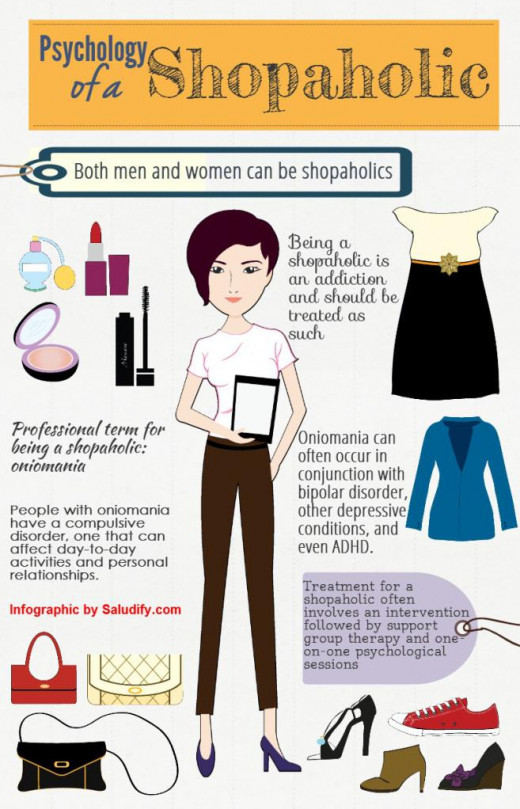
Is there any cure or solution for Oniomania?
Luckily, Oniomania is not something which cannot be cured. A right help from a right source can help these persons lead a normal life. Similar to any other addiction and compulsive disorders, shopaholics can be often treated through medical intervention followed by support group therapy and one-on-one psychological sessions. These individuals also need financial assistance to judge what is in their limits.
So, if your loved ones are suffering from this problem it is better to understand them rather than accusing them for their actions. This can make the person more anxious and start feeling angry or unappreciated. The person may resist getting treated and this may lead to further complications. Hence, the comfort and support of close members is very essential to get out of this problem.
Depending upon the urges which trigger the desire for shopping, the treatment options also vary.
- A behavior therapy to modify poor spending habits into more positive behaviors is provided to these people. As a result, they learn to cope up with negative feelings like stress and learn to indulge themselves into some sort of constructive activity.
- Cognitive therapy aims to change the thought process and the person learns how to stop thinking about shopping, new items in the nearby malls etc. He/she starts recognizing the detrimental side effects of compulsive buying, such as overwhelming debt
- Financial counseling may help these people understand their financial limitations.
- Medical intervention is suggested when the cause of oniomania is some other mental illness like depression, anxiety, etc. These medications include antidepressants and mood stabilizers.
The net effect of such multifaceted therapy is that these people get trained to carry limited cash or debit cards, avoid watching TV shopping shows, avoid entering into shops with discount sales, blocking internet sites related to shopping, etc. Many people have been benefited with such treatment scenario. However, recovery and rehabilitation is very important for these patients as they can succumb to this addiction at any point of time during their life-time. Constant support and counseling provided by the family members can help them to come out of this problem


